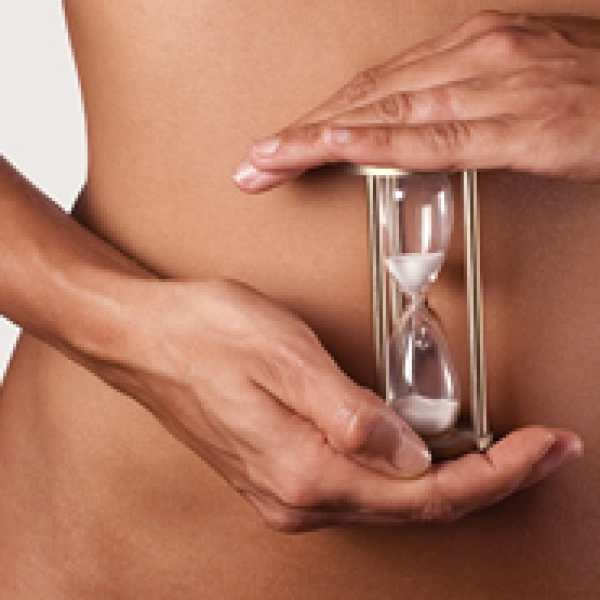

All home tests on the market have a principle in common: they measure the concentration in the urine of the pregnancy hormone human chorionic gonadotropin (hCG). This is produced about a week after fertilization.
What changes is the pregnancy tests' sensitivity to this hormone. We refer to this as the X factor, and it is based on this parameter that you can choose which type of test to buy and, most importantly, when to carry it out. There are early pregnancy tests, and other more traditional ones.
Early pregnancy tests can detect small quantities of hCG 2-4 days before your period is due to start. It's a conundrum: you have to decide whether to be patient or go for immediate gratification.
As we know, early pregnancy tests are more suitable to hCG. Traditional tests confirm that you're pregnant if the hormone has a concentration of more than 50 milliunits per milliliter (mU/ml), a quantity usually reached at least 3 days after the missed period. Early tests, on the other hand, detect traces of hormone at 25 mU/ml, anticipating the possible interruption of the cycle.
Don't want to wait the traditional 15 days after sex required by a regular test? Need an immediate result? If so, bear in mind that according to a survey by the National Institute of Environmental Health Services, of 200 women aged 21 to 42, 10% of pregnancies would not be diagnosed by an early test.
One aspect not to forget: price. Early pregnancy tests cost more than traditional ones. Before you open your wallet, ask yourself whether it's worth waiting a few days to save money - and possibly stress.

